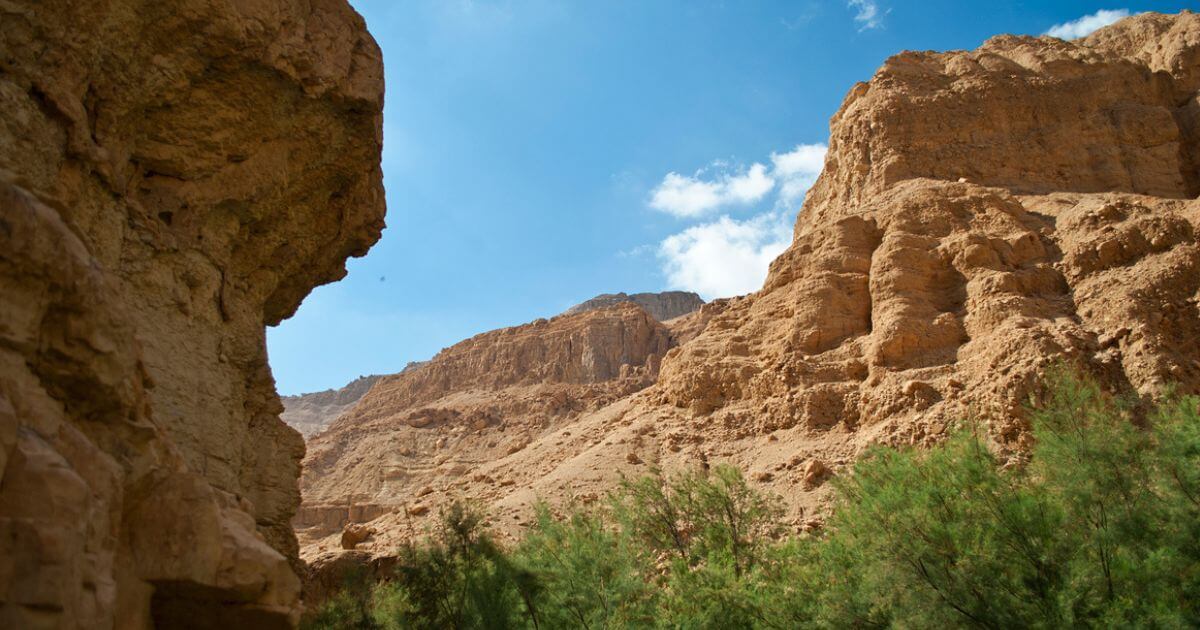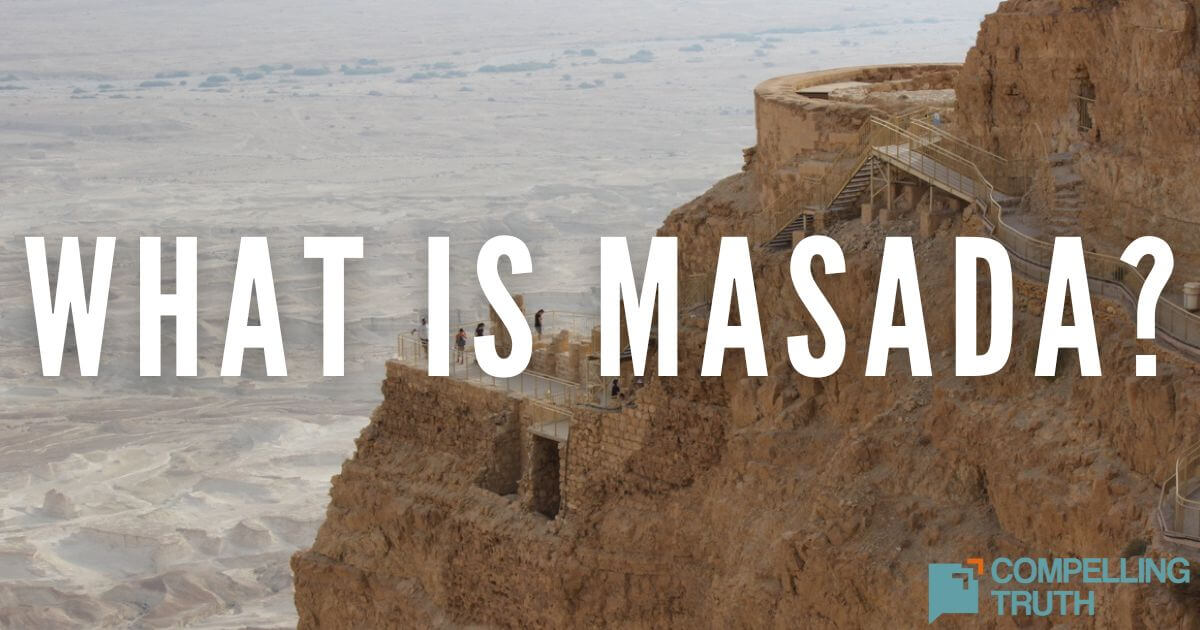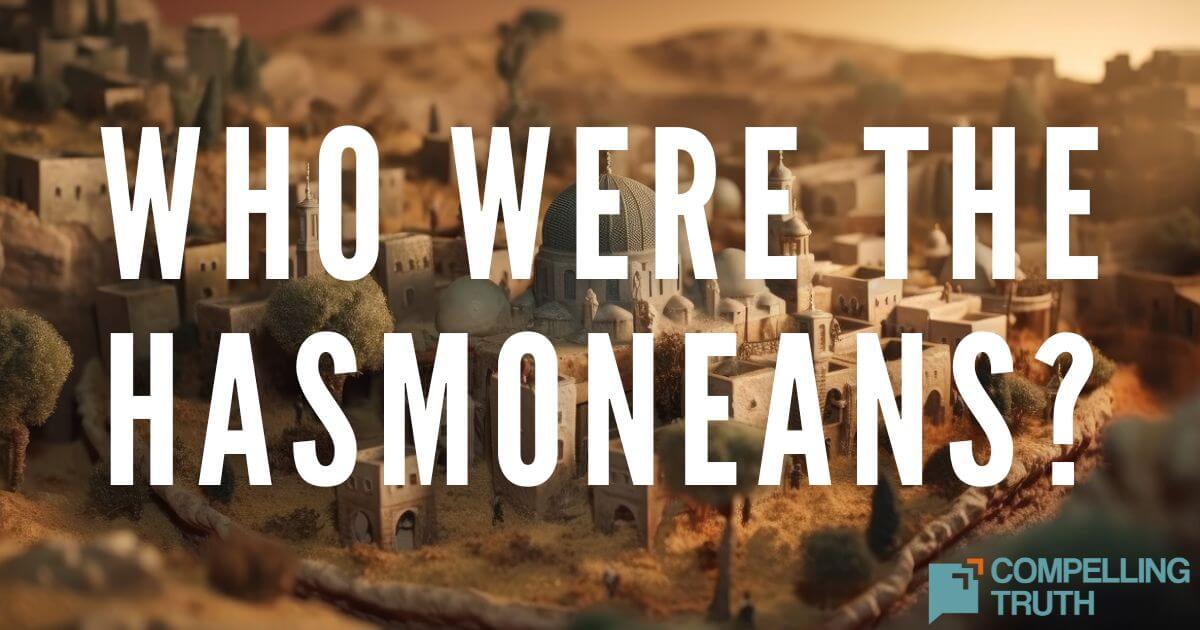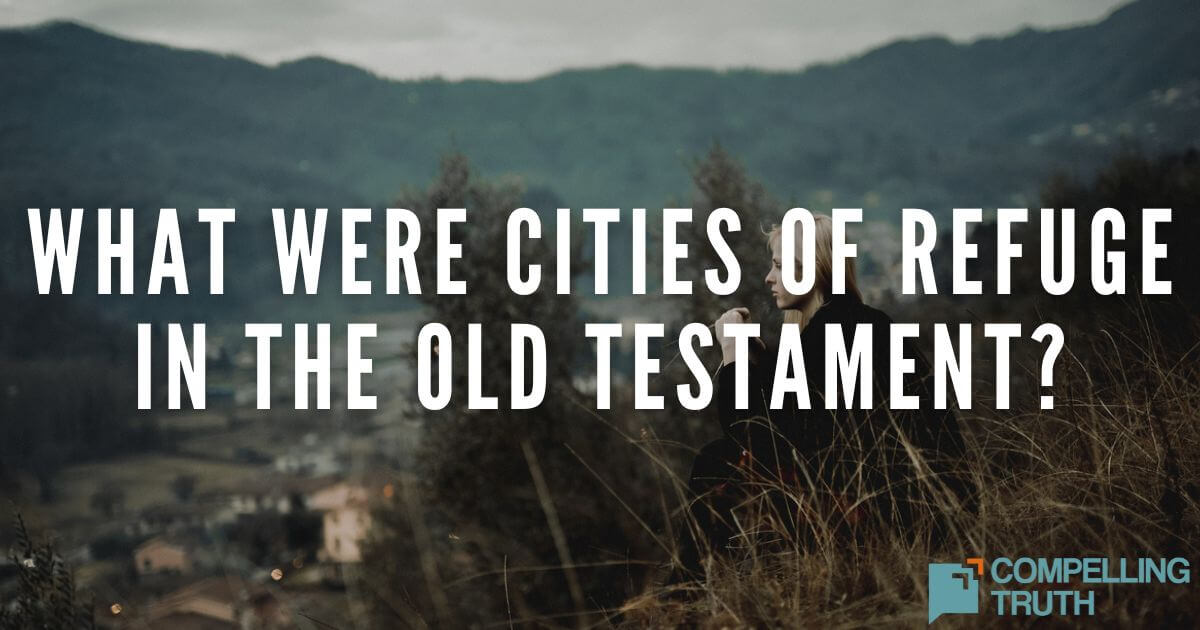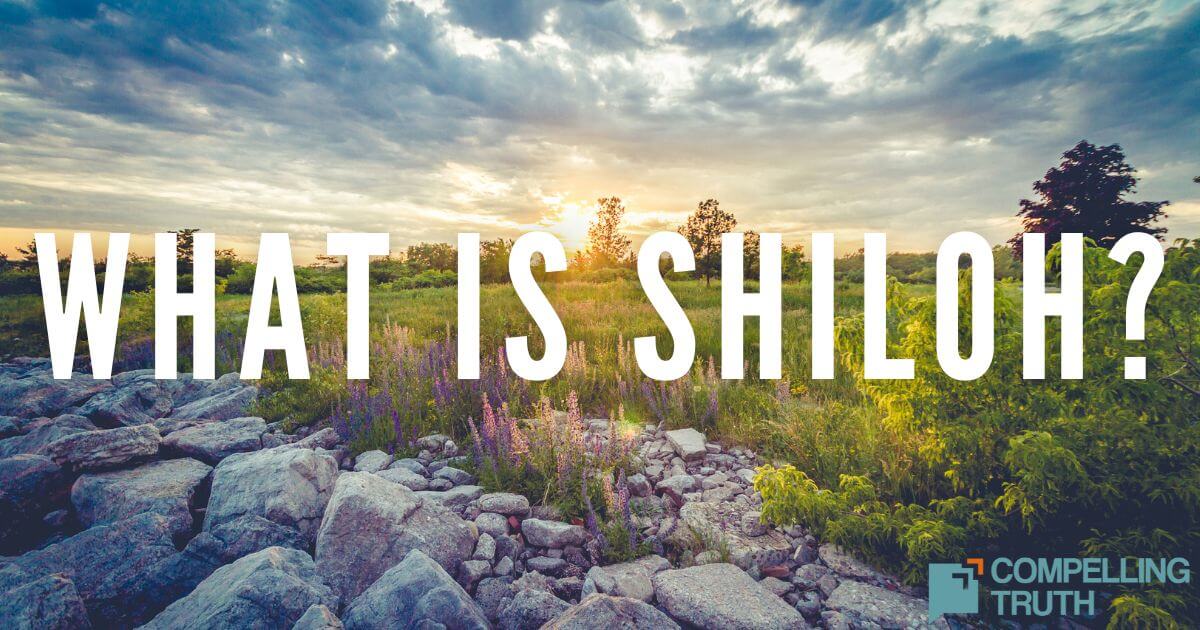Engedi is an oasis in the desert near the Dead Sea, once an Amorite city and later part of Judah's territory. It served as a refuge for David when fleeing from King Saul's pursuit. Engedi is known for its freshwater springs, rare in the area, providing a symbol of life in the midst of the desert. Though not mentioned in the New Testament, Engedi's biblical significance as a place of refuge and fertility reflects God's provision and care. The Bible prophesies Engedi's future restoration, symbolizing hope and renewal, as depicted in Ezekiel and Revelation.
Engedi, in the Bible, is known as a place of refuge, fertility, and flourishing—a place created by God to give and preserve life for those who take refuge in Him (Psalm 5:11–12; 18; 104:10–18). In fact, Ezekiel prophesied that, in the future, Engedi will become a fishing village after God places a freshwater river that runs from Engedi to the Dead Sea, restoring life to the whole region which is currently an arid wilderness (Ezekiel 47:10). We can look forward to the day when we shall see what God promised in Revelation: "For the Lamb in the midst of the throne will be their shepherd, and he will guide them to springs of living water, and God will wipe away every tear from their eyes" (Revelation 7:17)!
